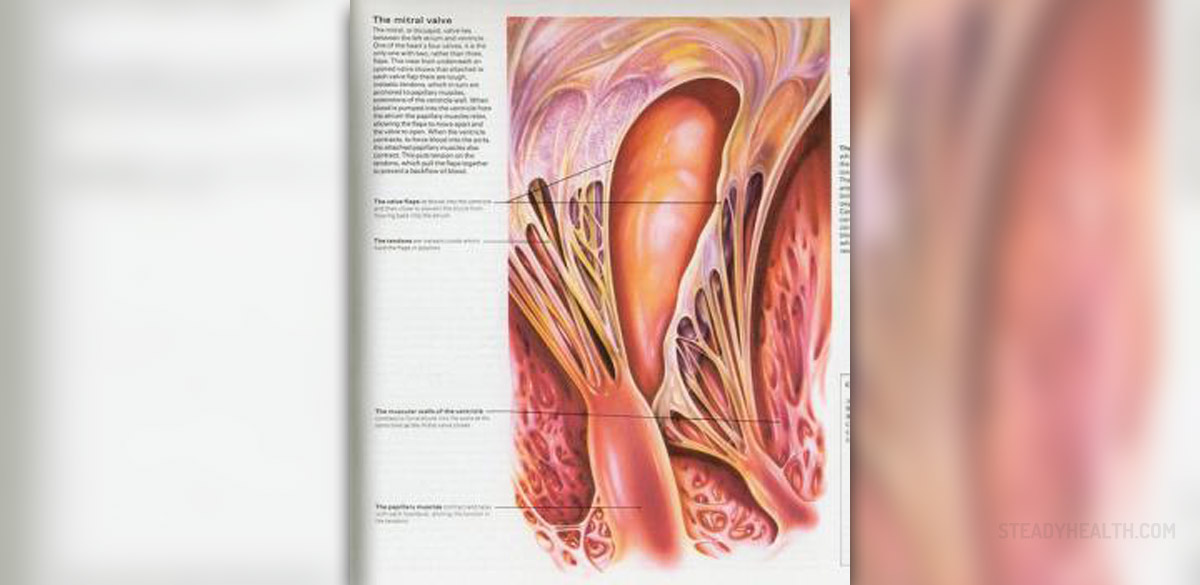
Mitral regurgitation is alsowell-known under the names mitral insufficiency and mitral incompetence. Mitralregurgitation is a disease of the heart when the mitral valve, which isplaced between two left heart’s chambers, does not close firmly enough, whichresults in the leakage of blood from the left ventricle into the left atrium.As a result, blood does not flow through our body efficiently.
Like any disease, mitralregurgitation has its own symptoms and warning signs. Most often symptoms thatoccur are shortness of breath, quick blood flowing through our blood stream,people feels great fatigue, cough a lot, especially at night, or they wakebreathless. Excessive urination, swollen ankles and feet as well as heartpalpitation are the symptoms that happen with this kind of disease. When thesesymptoms are established, we should contact a physician. In the case of mitralregurgitation, the doctor usually hears a heart murmur first.
Mitral regurgitation can be mildand then it does not cause any effect. However, if there is a severe form ofmitral regurgitation, it can lead to serious complications. Mild regurgitationis usually not treated but in the case of a severe one, often a surgery isnecessary, because it can cause a heart failure. In this case, the heart cannot pump enough blood required by the body. In addition, mitral regurgitationcreates additional pressure on the heart; the left chamber receives more bloodand gradually weakens. Fluid and pressure in the lungs create additionalpressure on the right side of the heart and thus lead to ankle swelling whichis called edema. People suffering from this disorder feel tired, are short ofbreath and even sometimes wake at night without breath.
Mitral regurgitation can alsocause atria fibrillation, which is a condition where the upper chambers of theheart pound very quickly, thus increasing the possibility to cause blood clots.A large and serious problem may occur if the blood clots from the heart throughthe bloodstream reach the brain. In that case, the stroke may happen. Heartarrhythmias may occur also as a result of mitral regurgitation. Furthermore,endocarditic is another complication that can occur in the case of mitralregurgitation. It is an infection of the inside layer of the heart thattypically affects only one heart valves, usually the one that is alreadydamaged. If the mitral regurgitation is not treated on time or adequately,it can cause the occurrence of pulmonary hypertension, which is increased bloodpressure in the arteries in the lungs.






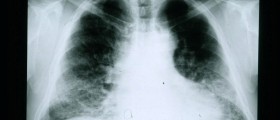
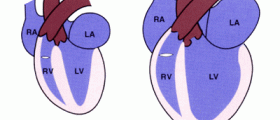




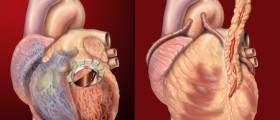
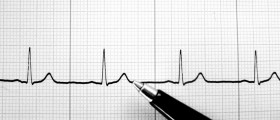


Your thoughts on this
Loading...